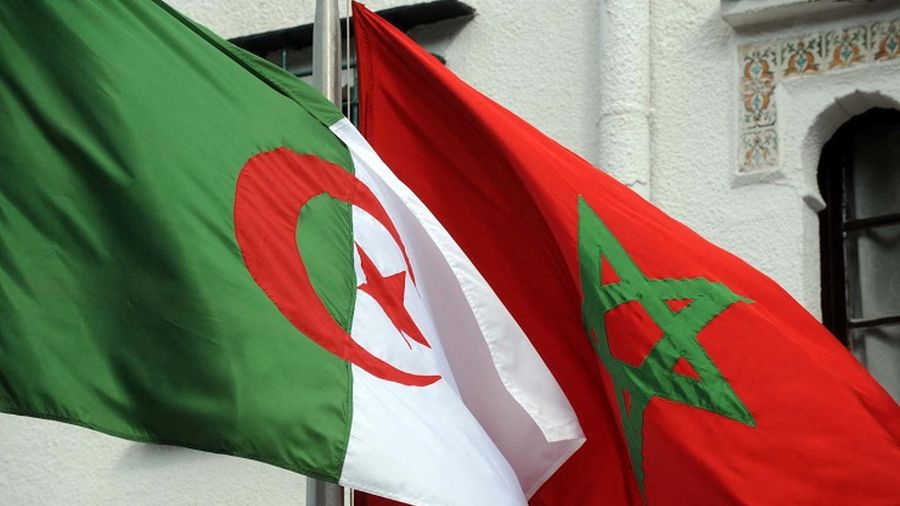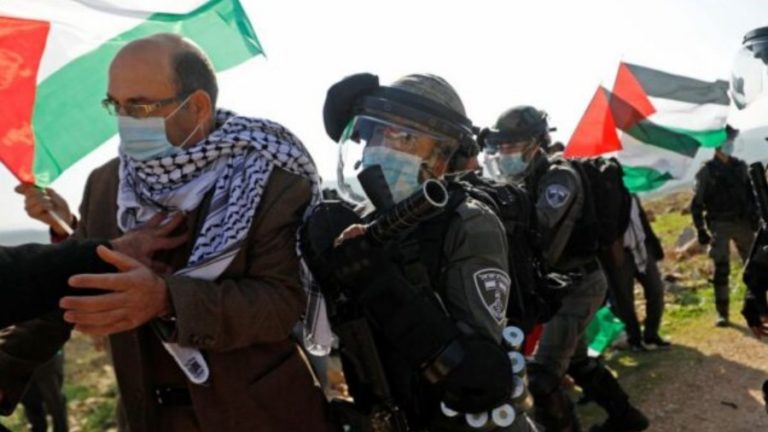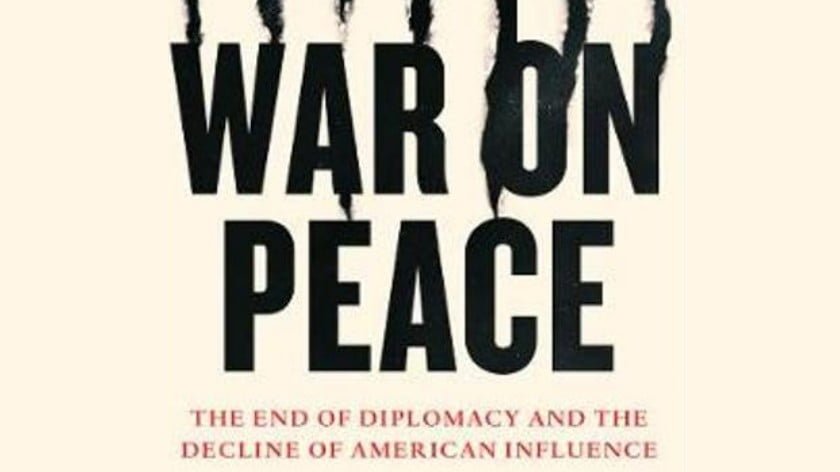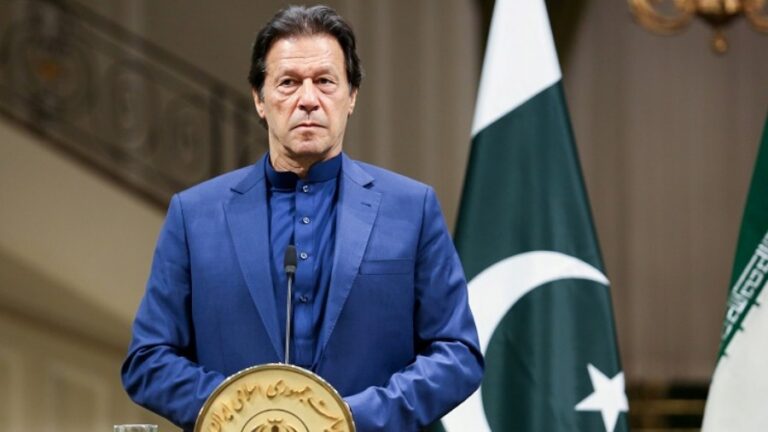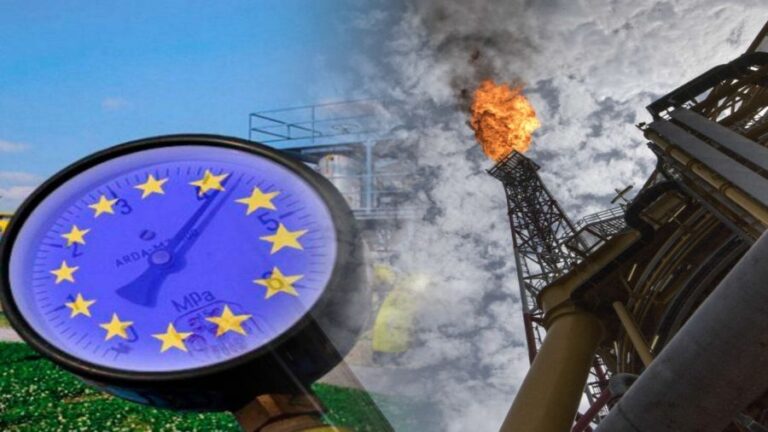What is Behind Algeria’s Severance of Diplomatic Ties with Morocco?
“Algeria has decided to sever diplomatic relations with the Kingdom of Morocco as of August 24,” Algerian Foreign Minister Ramdan Lamamra told a news conference, accusing the neighboring kingdom of “hostile actions.” Although the termination of diplomatic relations has already taken effect, consulates in each country will nevertheless remain open, Ramtane Lamamra said. Algeria is considering suspending air traffic with Morocco, according to the newspaper Algérie Patriotique.
Algeria accused Rabat (capital of Morocco) of threatening stability and security at the instigation of Israel. Morocco is increasing its military presence on the borders, and some regional observers have assessed that tensions could lead to military clashes.
Morocco’s foreign ministry said it regretted the “unjustified decision” and said it would remain a “reliable and loyal partner” to the Algerian people.
Relations between Algeria and Morocco have been tense for the past few decades, with the border between the countries closed since 1994. One of the reasons for the tensions is disagreement over Western Sahara: Morocco considers this territory its own, and Algeria has supported the Polisario Front for decades, insisting on the establishment of the Sahrawi Arab Democratic Republic (SADR). This dispute is also reflected in the current history of the breakdown of diplomatic relations: Algeria has also accused official Rabat of failing to honor its bilateral commitments on the Western Sahara issue.
Further escalation of tensions between the two states over this issue largely occurred late last year for two reasons. In November, after years of relative quietness, the pro-independence Polisario Front announced that it was re-arming. In December 2020, the United States recognized Moroccan sovereignty over Western Saharain exchange for improved relations between Rabat and Israel. The problem of Western Sahara is now challenging to solve, as both countries have strong positions. Algeria’s capacity to assist Polisario Front remains. This conflict will last for many years, and this should be the starting point.
Moreover, in mid-August, Algeria accused Morocco of “supporting two terrorist movements” operating on Algerian territory: the Movement for the Autonomy of Kabylia (MAK) and the opposition Rashad movement. Algerian authorities believe the activists of these organizations were involved in the forest fires last month in northern Algeria. These fires have already killed about 90 people, and the country’s government has repeatedly claimed that arson was the cause of the disaster. Algeria had previously reported the arrest of 61 people on suspicion of involvement in the fires in the country, stressing that the detainees belong to two specified terrorist groups backed by Israel and Morocco. According to local media reports, some of those arrested admitted their membership in the MAK. Algeria had already recalled its Ambassador from Rabat in July after a Moroccan diplomat in New York expressed support for the right of the Kabylian people to self-determination. For those reasons, Algeria’s Supreme Security Council had already considered reviewing relations with Morocco on August 18.
Overall, the Israeli factor has played a significant role in the current context of deteriorating relations between the two countries in North Africa. Last year, Morocco became one of the Arab countries that concluded peace agreements with Israel under Washington’s influence. As part of an agreement to normalize relations, the US, which mediated the talks, agreed to recognize Morocco’s sovereignty over Western Sahara, which caused resentment in Algeria and increased criticism of Washington. At the end of July this year, Algeria opposed Israel’s accession to the African Union as an observer country for the first time since 2002, carried out with Morocco’s support. Earlier, in 2002, Israel was expelled from the union on the initiative of Libya.
Moreover, the Algerian authorities, who do not officially recognize Israel, reacted negatively to the remarks of the Israeli Foreign Minister Yair Lapid during his recent visit to Morocco. He expressed concern about the role of Algeria in the region, “veiled threats” to Algeria, and pointed out his fears about Algeria’s rapprochement with Iran.
Algerian Foreign Minister Ramdan Lamamra has also accused Morocco of using Pegasus spyware to spy on several Algerian officials. According to him, “Morocco has massively and systematically committed acts of espionage against Algerian citizens and officials.”
But behind all these accusations, there is a clear opposition of the current Algerian authorities to Washington’s attempts through Israel and Morocco to prevent Algeria from strengthening its leading role in the Maghreb and cause political instability in the country. An undoubtedly real impetus for the aggravation of Algeria’s relations with Morocco was the African Lion 2021, a military exercise conducted by the US command in North Africa from June 7 to June 18, 2021. Military Watch, an American magazine specializing in military analysis, reported that these ground and air maneuvers simulated an attack in Algerian territories on two fictitious countries, Rowand and Nehone.
Therefore, the British publication Rai Al Youm noted for a reason that these military exercises were undertaken in preparation for an invasion of Algeria. The US believes that Algeria threatens its influence in Africa because it has gas, oil, water, and areas suitable for agriculture. In addition, Algeria covers an area of 2 million square kilometers, has extensive reserves of mineral resources, and its control of the Sahel region of Africa and its people is hard to beat. A European military expert said this in an interview with Rai Al Youm.
Under these circumstances, the Algerian leadership learned lessons from Colonel Muammar Gaddafi’s fatal mistakes. It became more critical of the policies towards Algeria on the part of the United States, Israel, Morocco, and several other states that had supported Washington’s plans to overthrow the Gaddafi regime it hated in the past. For this reason, Algeria has made it an absolute priority to create a strong army equipped with advanced land, air, and naval weapons and to develop military cooperation with Russia. As Rai Al Youm noted, the Algerian authorities have not trusted the West since the victory of the revolution over French colonialism. They are well aware of the plots being prepared against them. Algeria does not want to be the next target after Syria. Especially, according to Algeria, in the context of the ongoing preparations for the invasion and destruction of the countries in the League of the Arab States and the Persian Gulf countries. The United States, Great Britain, and France, which previously stood behind the conspiracies against Libya, Syria, and Iraq, sent NATO aircrafts to bomb these countries, hiding behind loud statements about the “protection of democratic values.”

